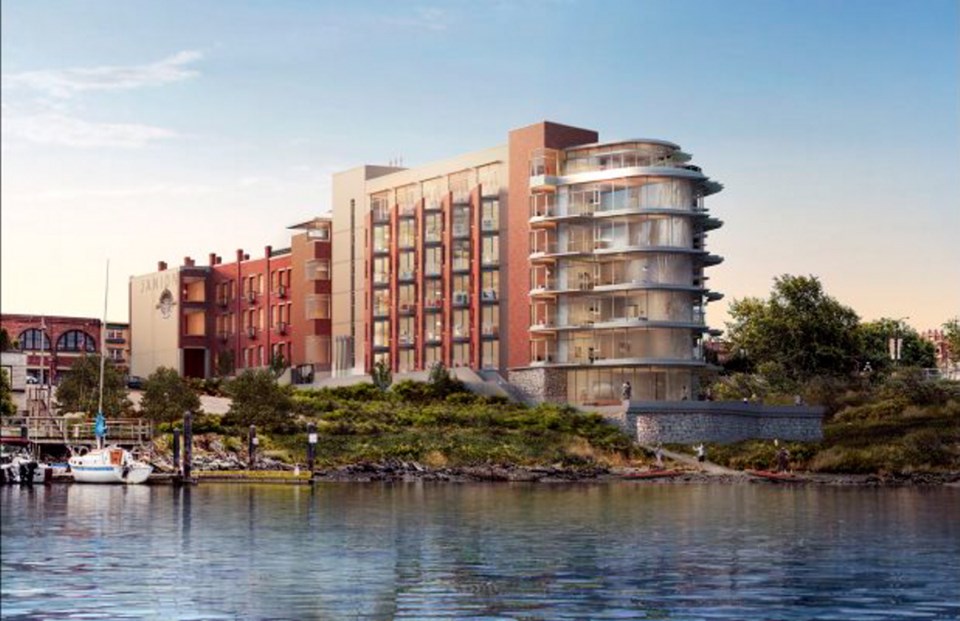As Victoria moves to allow more micro apartment units, public spaces have to become living spaces, and peoples’ attitudes toward vagrancy have to change, say some city councillors.
“I basically think we have to turn the page on that sort of anti-vagrancy lens and just realize that this community will benefit when all our public spaces are everyone’s living room,” Coun. Ben Isitt said.
“If that means that poor people gather there, then let’s just re-double our efforts to provide proper housing so it can be their living room, and their bedroom will actually be indoors.”
Isitt’s comments came last week as Victoria councillors, in an effort to promote housing affordability, agreed to eliminate the minimum floor-space requirement in all 22 multi-unit residential zones. Currently, most of the zones specify that units of less than 355 square feet are not allowed anywhere but in the downtown, where there is no minimum unit size.
Isitt said that going back to the 1960s and further, the issues surrounding vagrancy have caused the city to “retreat from creating open public spaces where you don’t have to pay money.”
“Because of how we grapple with homelessness, there’s been a reluctance to create nice sitting spaces and essentially welcoming features where every village centre, every street can be everyone’s living room,” Isitt said.
“Until we actually embrace that view of our public spaces as peoples’ living rooms, it’s going to be challenging to implement these very small living spaces,” he said.
Isitt’s comments were echoed by Coun. Jeremy Loveday, who said the move to allowing the micro units underscores the need for investment in the public realm.
“I think we have turned that page, and I think that that’s an exciting thing,” he said.
Coun. Charlayne Thornton-Joe noted that in the past, many people lived in smaller spaces.
“I think this is very positive. I don’t think the size of a house makes it a home. I’m very supportive of this,” she said.
Coun. Geoff Young said he hoped the city wasn’t “creating a bunch of Airbnbs under the guise of creating rental units,” which would create an enforcement problem for the city. He also hoped the measure wouldn’t give rise to illegal boarding-room styled units.
“I’m nervous about eliminating the minimum requirement entirely,” he said, adding that it might be more prudent just to set a smaller minimum floor space.
Director of Sustainable Development Jonathan Tinney stressed the measure was not creating new boarding-house units. New regulations governing short-term vacation rentals are expected to be before council for consideration in late October, he said.
“Certainly, once those regulations are put forward and council makes some decisions on how we regulate and enforce short-term vacation rentals, council can then take that into consideration at such time that a small-unit development is brought forward,” Tinney said.
Councillors agreed that in eliminating the minimum unit size, there has to be at least one operable window in every unit. Mandating the window is seen as improving livability by providing access to natural light and fresh air.



